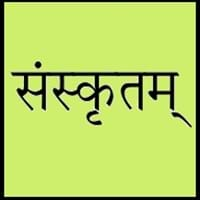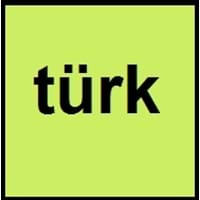Sanskrit vs Turkish
- Sanskrit language has highest number of vocabularies than any other language.
- Sanskrit Language has proved to help in speech therapy, also it increases concentration and helps to learn maths and science better.
- Turkish language oldest written records are found upon stone monuments in Central Asia, in Orhun, Yenisey and Talas regions.
- Turkish language was developed in the Middle East, streching all the way to Eastern Europe.
Sanskrit and Turkish Language History
Comparison of Sanskrit vs Turkish language history gives us differences between origin of Sanskrit and Turkish language. History of Sanskrit language states that this language originated in 2000 B.C. whereas history of Turkish language states that this language originated in c. 1350. Family of the language also forms a part of history of that language. More on language families of these languages can be found out on Sanskrit and Turkish Language History.
Sanskrit and Turkish Greetings
People around the world use different languages to interact with each other. Even if we cannot communicate fluently in any language, it will always be beneficial to know about some of the common greetings or phrases from that language. This is where Sanskrit and Turkish greetings helps you to understand basic phrases in Sanskrit and Turkish language. Sanskrit word for "Hello" is नमस्कारः (namaskāraḥ) or Turkish word for "Thank You" is teşekkür ederim. Find more of such common Sanskrit Greetings and Turkish Greetings. These greetings will help you to be more confident when conversing with natives that speak these languages.
Sanskrit vs Turkish Difficulty
The Sanskrit vs Turkish difficulty level basically depends on the number of Sanskrit Alphabets and Turkish Alphabets. Also the number of vowels and consonants in the language plays an important role in deciding the difficulty level of that language. The important points to be considered when we compare Sanskrit and Turkish are the origin, speaking countries, language family, different greetings, speaking population of these languages. Want to know in Sanskrit and Turkish, which language is harder to learn? Time required to learn Sanskrit is 20 weeks while to learn Turkish time required is 44 weeks.





